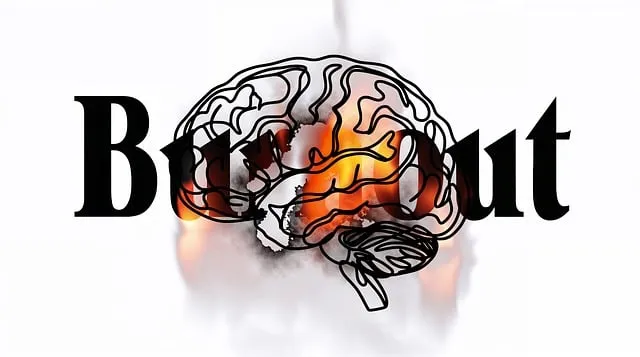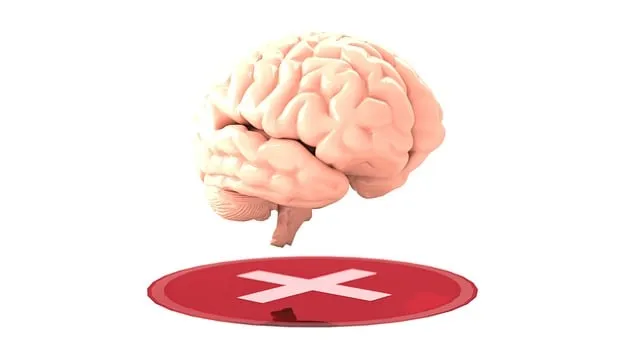Kaiser Permanente's mental health services at Lone Tree focus on holistic emotional intelligence (EI) development. They offer journaling exercises, mindfulness practices, and cultural sensitivity training to enhance self-awareness and empathy. Targeted burnout prevention strategies cater to healthcare providers, while public awareness campaigns inspire the community to embrace self-care and build stronger relationships through EI.
Emotional intelligence (EI) is a powerful tool for personal growth and improved relationships. This comprehensive guide explores effective strategies for building EI, drawing insights from the successful programs at Kaiser Permanente and focusing on practices cultivated at Lone Tree. We’ll uncover how self-awareness and empathy can be nurtured to enhance mental health and overall well-being. Discover practical tips to integrate emotional intelligence into daily life, inspired by evidence-based approaches from leading healthcare organizations like Kaiser Permanente.
- Understanding Emotional Intelligence: The Kaiser Permanente Approach
- Nurturing Self-Awareness and Empathy at Lone Tree
- Strategies for Enhancing Emotional Intelligence in Daily Life
Understanding Emotional Intelligence: The Kaiser Permanente Approach

At Kaiser Permanente, we understand emotional intelligence (EI) as a crucial component of overall mental wellness. Our approach to fostering EI involves a holistic combination of mental health services in Lone Tree and personalized guidance tailored to individual needs. We believe that recognizing and managing emotions effectively is not just about personal growth but also plays a pivotal role in professional success, especially within the healthcare sector.
By integrating mental wellness journaling exercises into our practice, we empower individuals to reflect on their emotional experiences. This process not only enhances self-awareness but also provides valuable insights for personal development. Furthermore, cultural sensitivity in mental healthcare practice is a cornerstone of our methodology, ensuring that our services are inclusive and adaptive to diverse backgrounds. Additionally, burnout prevention strategies for healthcare providers are designed to support those who support others, addressing the unique challenges they face through comprehensive EI training and support systems.
Nurturing Self-Awareness and Empathy at Lone Tree

At Lone Tree, Kaiser Permanente prioritizes mental health through innovative programs that nurture self-awareness and empathy. The organization recognizes that understanding oneself and connecting with others are foundational aspects of emotional intelligence, crucial for overall well-being. Through various initiatives, they encourage individuals to develop a robust self-care routine, emphasizing the link between self-awareness and better mental health. This involves promoting mindfulness practices, encouraging open dialogue about emotions, and fostering environments where people feel seen, heard, and supported.
In addition, Kaiser Permanente plays a vital role in public awareness campaigns that highlight the importance of emotional intelligence. By sharing Mind Over Matter principles and success stories from their Lone Tree community, they inspire folks to embrace self-care as a holistic journey. This strategic approach ensures that individuals not only gain insights into their emotions but also cultivate empathy, strengthening their relationships and overall resilience.
Strategies for Enhancing Emotional Intelligence in Daily Life

Building emotional intelligence is a continuous journey that can significantly enhance our daily interactions and overall well-being. At Kaiser Permanente mental health Lone Tree, we emphasize practical strategies to foster this skill set. One effective approach is self-awareness, where individuals learn to recognize and understand their emotions. This involves taking time for introspection, journaling, or engaging in mindfulness practices to identify triggers and emotional patterns. By becoming more attuned to our internal experiences, we can better manage our responses during challenging situations.
Additionally, cultivating empathy is a cornerstone of emotional intelligence development. Active listening skills, as promoted by the Mind Over Matter Principles, allow us to connect with others on a deeper level. This involves giving undivided attention, paraphrasing, and asking open-ended questions to encourage vulnerability and understanding. Crisis Intervention Guidance can also be beneficial in learning to de-escalate situations and provide support during times of distress. Moreover, regularly assessing risk factors for mental health professionals using comprehensive tools can help ensure the well-being of both practitioners and clients, ultimately enhancing the quality of care provided.
Emotional intelligence, as demonstrated through the successful Kaiser Permanente approach and practices at Lone Tree, is a powerful tool for enhancing overall well-being. By fostering self-awareness, empathy, and effective communication skills, individuals can navigate relationships and challenges with greater ease. Integrating emotional intelligence strategies into daily life, as suggested by this article, empowers folks to prioritize mental health, just like Kaiser Permanente does, and create more fulfilling connections in their communities, including those at Lone Tree.






